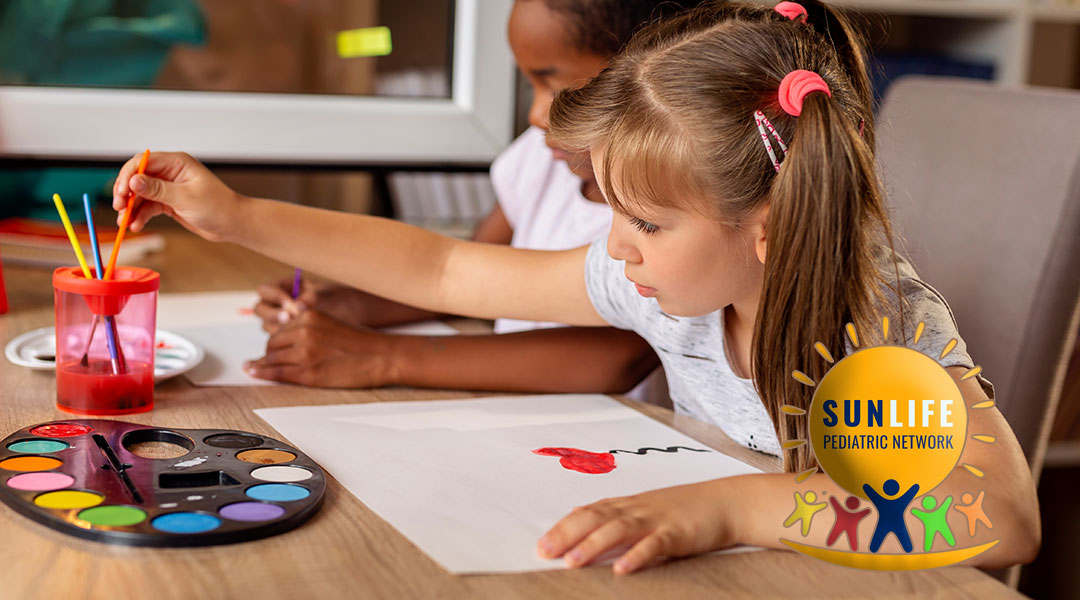Many new parents know what it feels like for their baby or toddler to start crying whenever they’re separated. Your baby’s cries tug on your heartstrings and can be a very difficult experience, but separation anxiety is a normal part of development and it’s important to know how to deal with it. Read on to learn more about child separation anxiety and how to handle it.
Why Does Separation Anxiety Happen?
For babies, separation anxiety is typically anchored in object permanence (haha). Starting as early as 4 month (but usually not until 9 months), a baby can understand that if something rolls under the couch, it still exists. This also means that when you leave a room, once a baby has hit that stage of development, they know you still exist. Before the object permanence stage it’s basically “out of sight, out of mind.” By the time the toddler years hit (especially around 16 months), toddlers can revert back to separation anxiety phases or they can begin altogether. These periods of anxiety surrounding separation from a main caregiver may be more obvious if your child is sick, hungry, or sleepy, which is why establishing routines is so important. Toddlers thrive on normalcy and routine, so having a solid routine that they can trust in will diminish separation anxiety. When a toddler knows this is when you usually leave for work, they’ll also know you’ll be coming back and are less likely to panic.
Caregivers who don’t have set routines may result in more separation anxiety. If your partner works random hours and isn’t consistent with their schedule, for example, it may confuse a toddler brain. Basically, give as much routine as possible.
Signs Of Separation Anxiety
Here are some common symptoms of separation anxiety:
- If your baby starts crying hysterically when you put them down
- If they always raise their arms again to be picked up every time you put them down
- If your child starts screaming every time you leave the room
- If your child is school-aged and has a difficult time during school drop-offs
Dealing With This Normal Developmental Phase
If you’re worried about your child having separation anxiety, remember that this is a healthy, normal developmental phase. Some children may have it more than others, but these are phases most of the time. Here are some tips to handle it:
- Remain calm during a meltdown
- Be consistent with any routines you have when you leave
- Try not to leave without them knowing
- Have an established schedule
- Practice being apart for short periods of time and build up to longer ones
- Practice with regular play dates and with some of their other favorite people around
- Try not to discuss how long you’ll be gone, but rather anchor it to a signifier they know because young children don’t understand time. For example, rather than saying “I’ll be back by 1 pm,” say “I’ll be back after naptime.”
Contact Us Today
Separation anxiety is a normal developmental stage and typically goes away with established routines. Sunlife Pediatric Network is a top pediatric facility in Plantation, FL. Call Sunlife Pediatric Network to schedule an appointment for your child today!

